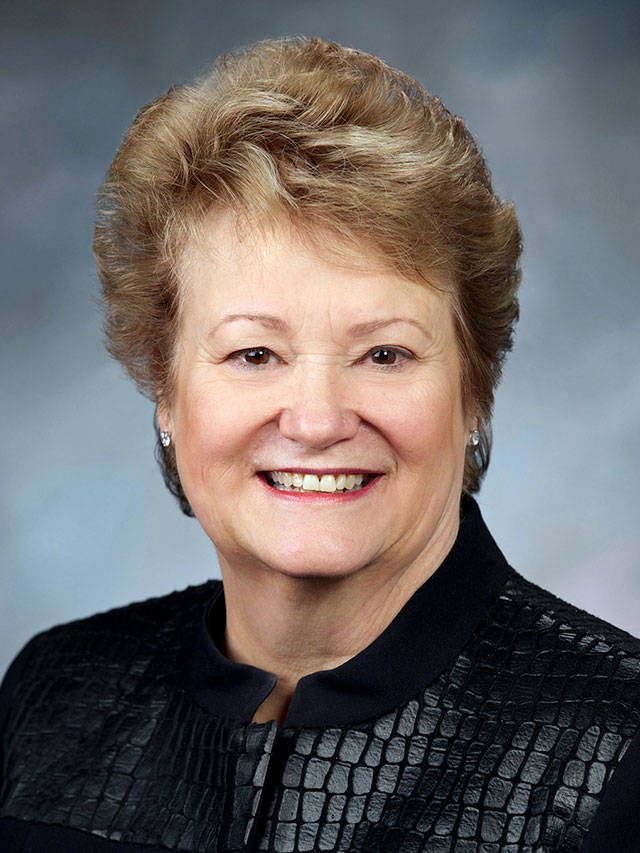Recently, I have received many emails that reference Mercer Island (MI) / I-90 mobility and safety concern based on misleading editorials. These editorials and letters do not reflect the current discussions going on with public officials regarding the timeline and negotiations around Sound Transit, the center lanes on I-90, and the Washington State Department of Transportation (WSDOT) and Federal Highway Administration (FHWA) decision on Island Crest Way access to I-90. These editorials build up fear and misunderstanding to my constituents.
As a Representative from the 41st Legislative District, as a Mercer Island resident who is impacted by this, and as Chair of the House Transportation Committee, I fight for you at the negotiating table with stakeholders. I take your safety seriously. We want the safest transportation options that benefit the regional commuter experience. But not at the expense of Islanders.
Let me provide you with the history and facts, so you are better equipped to know what is happening and more importantly how we can work together. The City has been working on the center lane closure for over 30 years.
In 1976, an agreement was made to allow the new I-90 bridge to be built. It included the center lanes that designated transit at some future time. This was signed onto by city leaders, including Aubrey Davis, and others. MI was allowed access to these lanes as single occupant vehicles (SOV) until that occurred.
In 2006, the decision to use the center lanes for light rail was made. This decision removed all vehicle traffic from the center lanes. The regional leaders agreed to R8A, one of many choices vetted. R8A is an extra lane striped onto the bridge for High Occupant Vehicles (HOV) and buses. The configuration meets all the codes for safety. Eleven-foot lanes are a standard used in different locations around the state. The City Council requested that MI SOV traffic be allowed to use these lanes, much like they had the center lanes. This was not agreed to by the region. The MI City Council has remained steadfast in asking to maintain mobility to get off the island and use the HOV lanes.
In 2008, I became House Transportation Chair. I too had reservations about the use of the floating bridge for light rail. I had witnessed the sinking of that bridge in 1991. I read the engineering reports of the issues regarding this venture and commissioned a study at the Joint Transportation Committee to look at them all. They brought in worldwide experts on all the issues to tell WSDOT and Sound Transit how to make this transition work correctly. The current $225M to reinforce the pontoons is not a new idea, but it came from that report. It told them how to manage stray current from water environments and electricity. Most importantly, they required a hinge to be invented to take rail from solid ground to a floating facility.
A couple of years ago, I was on tour in Colorado at a rail testing facility and saw the hinge being tested. It was the first of its kind and it passed safety measures. The final report said there were no “fatal flaws” in putting light rail onto the bridge.
This past year brought surprises. The Federal Highway Administration (FHWA) sent a letter to WSDOT denying access not only to the HOV lanes, but also to MI’s important access to I-90 from Island Crest Way by SOVs. This sudden decision has led to immediate efforts by the City Council, your State 41st delegation, Congressional Members, the WSDOT Secretary, the Sound Transit CEO, and the Governor, asking FHWA to “grandfather in” the ramp to I-90. This request is moving forward this week in a group request.
I hope this gives you information to process what is going on at this time. I am working hard for your best interests and I will continue to do so. I appreciate the opportunity to serve you and this special place, Mercer Island.
For more information on I-90 agreements, correspondence and documents, see www.mercergov.org/Page.asp?NavID=2954. To contact State Representative Judy Clibborn, email judy.clibborn@leg.wa.gov.


